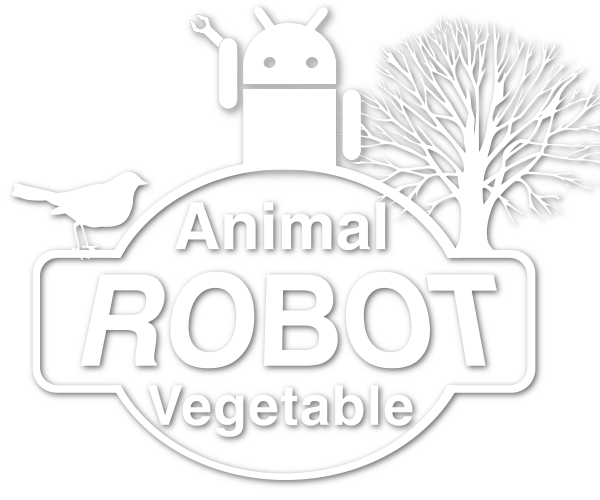
Animal Vegetable Robot
BIO
“Science will continue to surprise us with what it discovers and creates; then it will astound us by devising new methods to surprise us. At the core of science's self-modification is technology. New tools enable new structures of knowledge and new ways of discovery. The achievement of science is to know new things; the evolution of science is to know them in new ways. What evolves is less the body of what we know and more the nature of our knowing.”
Kevin Kelly
- The Technium, 2006
“A human being should be able to change a diaper, plan an invasion, butcher a hog, conn a ship, design a building, write a sonnet, balance accounts, build a wall, set a bone, comfort the dying, take orders, give orders, cooperate, act alone, solve equations, analyze a new problem, pitch manure, program a computer, cook a tasty meal, fight efficiently, die gallantly. Specialization is for insects.”
Robert Heinlein
- Time Enough for Love, 1973
A Personal Statement
These two favorite quotes pretty much sum up my life. I've always been captivated by science and the natural world, spending my childhood days collecting wild animals, building electronic gadgets, or reading as much science fiction and natural history as I could find.
The Apollo Space Program was a huge motivator as I imagined myself becoming an astronaut (an exobiologist, to be precise). But my eyes had other plans. So as stigmatism with a dash of near-sightedness developed in junior high, the 20/20 vision requirement for astronaut training ended that career goal.
I continued in the biological sciences while focusing on engineering and computer sciences until I happened into a summer job as a seasonal wilderness ranger during my freshman year. For the next five summers, I lived in a remote wilderness area, exploring the plants and wildlife of the San Jacinto Mountains. This experience pushed my curiosity and ideas into exciting new directions.
Fast forward to today — I'm a retired Biological Field Station Director. Over my career, I managed two extraordinary University of California field stations and natural reserves while collaborating on research that merged the lines between ecology, engineering, and conservation. The primary theme of our research has advanced our capacity to quantify nature and amplify our understanding of the interactions of species and their ecology in protected natural areas. If information is power, then knowledge is unstoppable!
I served as a leader on interdisciplinary teams of faculty and students to design, engineer, and field test tools for the remote sensing of organisms and ecosystems. We incorporated cameras, sensors, wireless networks, and robotics to build portable sensor platforms capable of semi-autonomous operation. For example, drones would conduct aerial surveys of vegetation and microclimate and collect water samples from lakes and rivers. "Tree-robots" navigated along cables through a forest canopy measuring plant growth, while below-ground robots captured thousands of digital images revealing the microscopic connections between tree roots and fungi. There were even small robotic boats and submarines which measured water quality and could assess the health of a coral reef.
We have learned much through these myriad uses of digital tech. But what has motivated me the most was the sense of urgency to understand and quantify biodiversity — to explore scientific and technological solutions that will aid in the conservation and defense of nature!
Mike Hamilton - Summer 2021